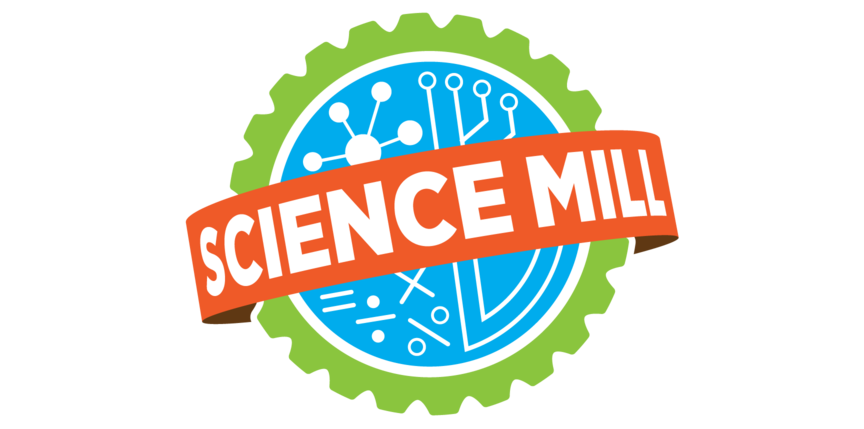Matter
〰️
Matter 〰️
k-2 water wonders
Students will learn about what makes water a unique and important substance. They will make models of water molecules to explore water's chemical structure. They will then rotate around stations that explore water's properties, plus how water moves, changes and affects our planet and the life on it.
3-5 states of water
Student teams will discover the physical properties of water demonstrated by its chemical makeup. Student teams will explore how the water exists naturally in all 3 states of matter, exemplified in the water cycle. Through this lesson, students will gain an appreciation for and an understanding of water chemistry in everyday life.
3-5 chemical detective
Students will witness the color change of a solution containing an acid-base indicator due to changes in pH and observe the reversibility of indicator color changes. Students will then make predictions about the pH level of 5 common household items and use 2 indicators to test their hypothesis. They will then apply their pH knowledge to locate a contaminant spill in a hypothetical site by measuring the pH of soil samples. They will then determine the best treatment/s for the contaminated water.
6-8 ready, set, reaction
Students will explore how temperature affects the rate of reactions. As the temp rises, molecules move around faster, colliding with one another more often and thus creating the reaction products more rapidly. They will explore with glow sticks and with reagents to see this in real-time, experiment, observe and discuss.
6-8 molecule mass madness
Students will explore the Law of Conservation of mass through a series of demonstrations and experiments. They will learn about chemical vs physical changes, chemical formulas, and balancing chemical equations all while discovering how electrolysis can be used in renewable energy resources. Students will then make physical and digital models of electrolysis and compare their capabilities and limitations.

